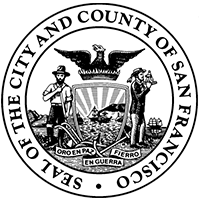REGIONAL ECONOMY
How the economy shifts, grows, and contracts has direct implications for community growth and development, which can in turn determine travel patterns. For example, the more common an 8-5 work culture becomes, the more concentrated congestion at peak periods will be. On the contrary, if automation depletes the job supply, travel will likely become more distributed throughout the day and more affordable mobility options may increase in demand. Economic trends, therefore, are of significant import to the future of mobility.
- What is the future of work? What, if anything, will replace work that is automated? Assuming there is still work to be done by humans, what is the future of jobs? Is universal basic income a sufficient response to joblessness from automation?
- What is the future of the market economy? Is the sharing economy a shift from capitalism or is it a product within capitalism?
- What is the future of industry clustering? Will the Bay Area tech cluster persist?
- What is the future of the physical workplace? Will we continue to have large office buildings? Downtowns? Industrial areas?
Our Automated Future: How Long Will It Be Before You Lose Your Job to a Robot?
New Yorker, December 2016
“If nearly half the occupations in the U.S. are ‘potentially automatable,’ and if this could play out within ‘a decade or two,’ then we are looking at economic disruption on an unparalleled scale. Picture the entire Industrial Revolution compressed into the life span of a beagle.”
Enrico Moretti: The Geography of Jobs
Insights by Stanford Business, June 2013
“In my book, I have a chapter on the difference between Detroit and Silicon Valley. This region has kept reinventing itself in ways that are remarkable. It was all orchards, and then it became all hardware, and then it became all software. And now it’s becoming something else: social media and biotech and clean tech. Some types of clusters don’t survive big negative shocks, and other clusters are able to leverage themselves into the next thing.”
The Jobs Americans Do
NY Times, February 2017
“Popular ideas about the working class are woefully out of date. Here are nine people who tell a truer story of what the American work force does today — and will do tomorrow.”
The Future of Retail
Arup, August 2017
This report explores the drivers of change that are shaping the future of the retail sector. It reveals important trends that are causing new consumer behaviours and examines some of the likely impacts that these developments will have on future retail environments and service offerings.
To Save the American Dream, We Have to Change How We Think About Work
FastCompany, March 2017
“Here’s how we can build a new system of policies and safety nets to bring back opportunity to the American work force. (It has nothing to do with walls, trade deals, or immigration.)”
A Basic Income Should Be the Next Big Thing
Bloomberg, May 2016
“The notion that government should guarantee every citizen an annual stipend of, say, $10,000 — no strings attached, no questions asked — is being studied by politicians, economists and policy experts worldwide.
“Think of it as Social Security for all.”
Humans Need Not Apply
CGP Grey, YouTube, August 2014
Is the automation revolution unique? What jobs are at risk for automation? Will intellectual and creative professions endure? Short documentarian CGP Grey explores these questions in a 2014 viral video.
How the Blockchain Is Changing Money and Business
Don Tapscott, TED Talks, June 2016
“What is the blockchain? If you don’t know, you should; if you do, chances are you still need some clarification on how it actually works. Don Tapscott is here to help, demystifying this world-changing, trust-building technology which, he says, represents nothing less than the second generation of the internet and holds the potential to transform money, business, government and society.”
Automation by Sector
McKinsey Global Institute, January 2017
Job Automation May Threaten Half of U.S. Workforce
Bloomberg, March 2014
- Where Machines Could Replace Humans—and Where They Can’t (Yet), McKinsey, July 2016
- Bay Area Economy Outpaces U.S., China, SF Chronicle, September 2016
- This Burger-Flipping Bot Is Actually Great AI Design, FastDesign, March 2017
- What Really Makes Silicon Valley Tick? Harvard Business Review, April 2013
- Living Workplace, Arup, July 2015
- How 4 Million Commutes Shape America’s ‘Megaregions’, CityLab, December 2016





